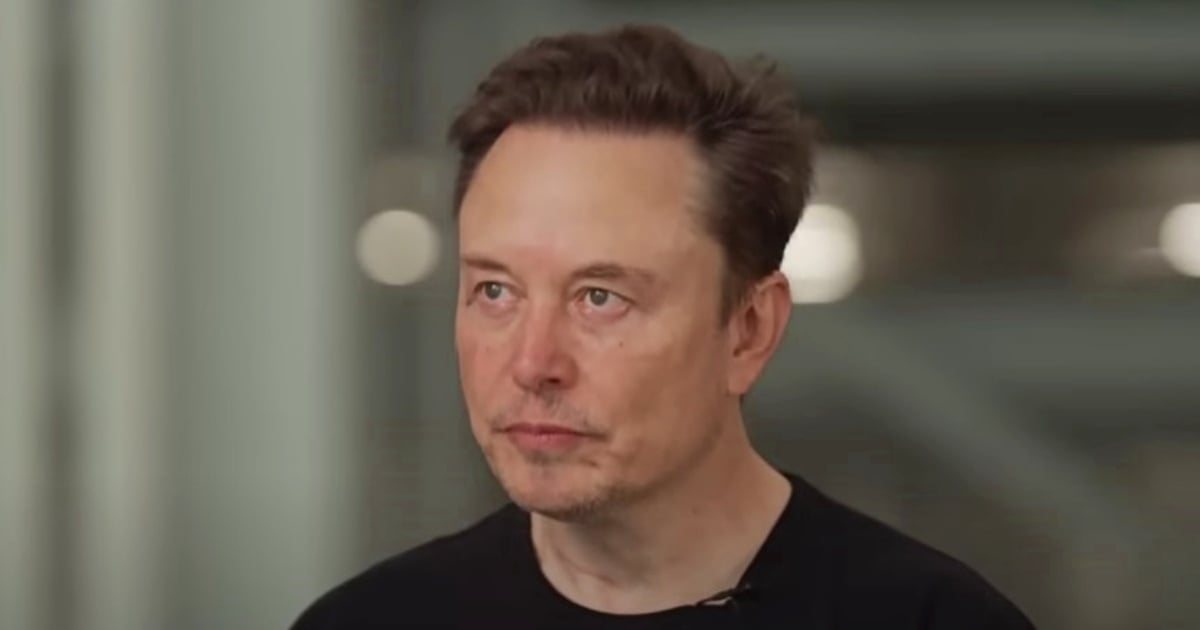Elon Musk's relationship with former President Donald Trump has taken a sharp turn towards confrontation. Just days after stepping down as head of the Department of Government Efficiency (DOGE), the tech mogul has openly attacked the Republican fiscal proposal, labeling it a "disgusting abomination." Musk not only criticized the increased spending and deficit in the plan but also hinted at potentially engaging in the legislative elections to support candidates opposing the Republicans who backed the measure.
Musk Transitions from Ally to Outspoken Critic
Until recently, Musk played a significant role in the White House as the director of DOGE. Now, he has voiced his strong disapproval of the legislative proposal. "I can't stand by any longer. This bloated, outrageous bill from Congress, filled with unnecessary spending, is a disgusting abomination. Those who voted for it should be ashamed; they know they've done wrong," he posted on his social media platform X. These comments, echoed by media outlets and politicians from both sides, directly challenge what Trump has called his "Big Beautiful Bill," which aims to extend tax cuts, reduce taxes on tips and overtime, and increase spending on defense and immigration.
Clash Over Deficit and Social Cuts
Musk argues that the proposal undermines the efforts of the DOGE team and falls short of fiscal responsibility. In a recent CBS interview, Musk expressed disappointment over the growing public expenditure that increases the budget deficit instead of reducing it. This week, he further emphasized that the budget plan "will massively inflate the already enormous budget deficit to $2.5 trillion (!!) and burden American citizens with unsustainable debt." Multiple independent agencies have confirmed these projections.
The Congressional Budget Office estimated that the proposal could increase the deficit by $3.8 trillion over a decade, while the Penn Wharton Budget Model places it at $2.8 trillion. Yale's Budget Lab suggests that if temporary provisions become permanent, the long-term cost could reach $23.7 trillion, driving the debt to 200% of GDP by 2055, as reported by U.S. media.
Musk's Political Intervention Threat
Through X, Musk hinted that his break with Trump's fiscal policies could lead to direct political action. "Next November, we will fire all the politicians who betrayed the American people," he wrote, suggesting he might use his influence and wealth to support rival candidates in the Republican primaries. This is no idle threat, as Musk invested at least $250 million in Trump's 2024 campaign. Although he announced he would spend "much less" on politics after leaving DOGE, he left the door open to getting involved if necessary, and the controversial law seems to have provided that reason.
Rifts Within the Republican Party
The law narrowly passed the House of Representatives with 215 votes in favor and 214 against, thanks to Trump's heavy pressure on undecided lawmakers. However, the Senate poses a greater challenge. Republican figures like Rand Paul, Josh Hawley, and Ron Johnson have voiced opposition. Paul, a staunch advocate for budget balance, stated, "I agree with Elon. We've both witnessed the massive public spending, and adding five trillion in debt is a huge mistake. We can and must do better."
Trump responded with personal attacks, calling Paul's ideas "crazy (loser!)" on Truth Social and claiming that "the people of Kentucky can't stand him." Nevertheless, Trump cannot afford to lose more than three votes in the Senate, where no Democrat plans to support the bill.
Political and Economic Ramifications
The proposal, which cuts key programs in healthcare (like Medicaid), nutrition (SNAP), and education, has faced strong criticism from the opposition. Senate Democratic Leader Chuck Schumer called it "horrible at its very core" and stated, "Tax breaks for the ultra-wealthy paid for by slashing healthcare assistance for millions of Americans." Some moderate Republicans fear a high political cost within their own party. Senator Joni Ernst faced voter backlash in Iowa when she defended the law; when warned that people die without health coverage, she sarcastically replied, "Well, we're all going to die," sparking outrage among those present.
The fracture between Musk and Trump appears irreversible. Although Musk attempted to leave his position as "advisor and friend," as he mentioned during the farewell ceremony in the Oval Office, his harsh statements reflect a profound shift in stance. There is even speculation that Trump's withdrawal of Jared Isaacman's nomination, a close associate of Musk, as NASA director, may have been a preemptive retaliation.
Meanwhile, White House Press Secretary Karoline Leavitt downplayed the conflict: "The president already knows Elon Musk's position on this bill. That doesn't change the president's opinion."
Frequently Asked Questions about Musk and Trump's Fallout
What prompted Elon Musk to criticize Trump's fiscal proposal?
Elon Musk criticized Trump's fiscal proposal due to its massive public spending, which he believes increases the deficit and burdens American citizens with unsustainable debt.
How has Musk's stance on the Republican Party changed?
Initially, Musk was a key ally in the White House, but he has since become an outspoken critic of the Republican fiscal plan, indicating he might support candidates opposing those who backed the controversial proposal.
What are the potential economic impacts of the Republican fiscal proposal?
The proposal could significantly increase the budget deficit, with estimates suggesting an addition of $2.5 to $3.8 trillion over the next decade, potentially raising the debt to 200% of GDP by 2055.
